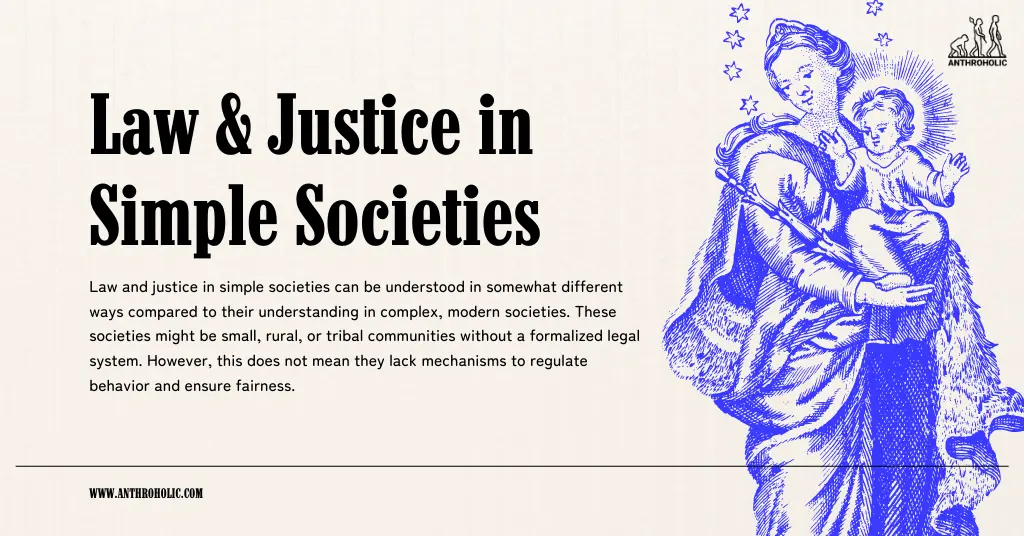Introduction: What Does Gärningen Mean?
The term gärningen is a Swedish word that translates roughly to “the act” or “the deed” in English. It is most commonly used in legal and moral contexts to refer to a specific action or event, particularly one that carries weight or consequence. Whether it’s discussed in a courtroom, a news headline, or a philosophical debate,plays a crucial role in how actions are interpreted, judged, and remembered. In this article, we’ll explore the meaning, its legal significance, cultural relevance, and broader social implications.
The Legal Importance of Gärningen
Criminal Law
In Sweden and many other legal systems, refers to the actual criminal act in question. It is distinct from intent or motive—gärningen is about what happened. Courts focus on the details of the act itself, such as the time, place, and method. Was premeditated or spontaneous? Was it done with malice or recklessness? These factors determine how a crime is categorized and how severe the consequences should be.
Judicial Language and Gärningen
The term gärningen is frequently used in legal documents, police reports, and court verdicts. For example, “The suspect admitted to a standard phrase, indicating the individual has confessed to the action itself. This use of language separates the act from the person and allows the justice system to evaluate the situation objectively, focusing on facts over emotions.
Media and Gärningen: Framing the Act
Neutral Reporting in News
In Scandinavian media, gärningen is often used in crime reporting to maintain objectivity and avoid prematurely assigning guilt. Phrases like “the man suspected of gärningen” or “details about remain unclear” are common. This terminology emphasizes the act rather than labeling the individual, which aligns with principles of fair reporting and the presumption of innocence.
Crime Dramas and Fiction
In popular Scandinavian TV series and novels—particularly in the Nordic noir genre—gärningen often forms the core of the plot. The mystery typically unfolds around understanding what exactly happened, who committed, and why. These stories reflect societal concerns about justice, morality, and accountability, showcasing the depth of meaning the word carries beyond legal settings.
Philosophical and Ethical Dimensions of Gärningen
Action vs. Intention
One of the most intriguing aspects of gärningen is its separation from intention. Ethically speaking, should a person be judged more by their intentions or by the results of their actions? In Swedish culture and broader European thought, this distinction is crucial. While intent matters, the consequences often speak louder. For instance, someone may not intend harm, but if their actions cause damage, they are still held accountable.
Moral Judgment and Responsibility
Philosophers and ethicists often debate how to assess the morality of gärningen. Is a bad act forgivable if it was done for a good cause? What about a good act done for selfish reasons? These questions don’t have easy answers, but they highlight why is more than just a word—it’s a concept that helps frame discussions about right and wrong, justice and mercy.
Gärningen in Everyday Use
Common Expressions
In everyday Swedish language, appears in various idiomatic expressions. For example, “caught in the gärningen” is equivalent to being caught red-handed. This phrase shows how the word retains its original sense of immediacy and consequence, even in casual conversation.
The Power of Actions
The phrase “actions speak louder than words” aligns closely with the concept. In many cultures, including Sweden’s, people are judged more by what they do than by what they say. This principle reinforces the importance of taking responsibility for one’s actions—something that the term gärningen captures perfectly.
Modern Contexts: Gärningen in the Digital Age
Online Behavior and Digital Gärningen
Today, gärningen extends beyond physical acts. In the digital age, actions taken online—such as cyberbullying, spreading misinformation, or hacking—are also forms. These virtual acts carry real-world consequences, and legal systems are evolving to address this. Recognizing a digital is just as important as a physical one, particularly in terms of accountability.
Social Media and Public Opinion
When a public figure is accused of wrongdoing, the public often focuses on the gärningen itself—what they did, when, and how. Even before legal proceedings, opinions are formed based on the perceived severity or intent of the act. This rapid judgment process, fueled by social media, emphasizes the lasting impact of every, especially in a world where digital footprints are permanent.
Cultural and Historical Perspectives
Historical Cases Centered on Gärningen
In Swedish history, many notable trials and events are remembered not just for who was involved but for the gärningen itself. The act becomes a symbol—a lesson, a warning, or a turning point. This cultural memory underscores how deeply rooted the concept in societal values.
Cultural Interpretation of Actions
Different cultures interpret actions differently. In some societies, context and intention might take precedence, while in Sweden and many parts of Europe, the gärningen itself often stands as the most significant element. Understanding these cultural nuances is important in global discussions around justice and ethics.
Conclusion: Why Gärningen Still Matters
The word gärningen may be rooted in the Swedish language, but its implications are universal. It represents a moment of decision, a choice that leads to consequences. Whether viewed through the lens of law, ethics, media, or everyday life, challenges us to reflect on our actions and their impact on others. As we navigate a complex world—both physically and digitally—understanding the weight can help us make more responsible, thoughtful choices.






